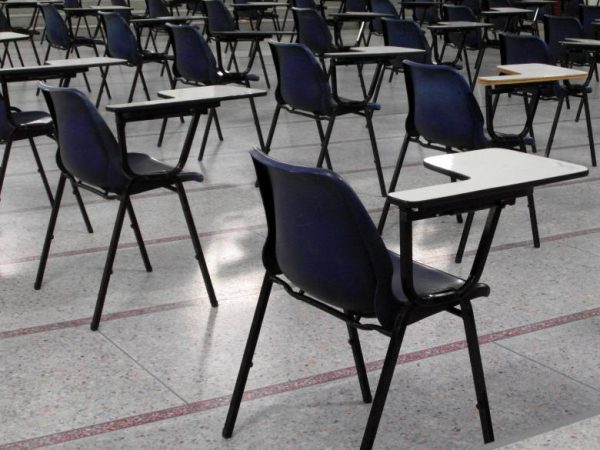Avoiding the Slippery Slope of Divisive Politics
Effectively moderating political conversations in school can lead to a better understanding of our world
While teaching has and always will be inextricably tied to politics, many teachers across the country struggle with how to create productive conversations about government in their classrooms, while acknowledging pressing issues our country faces.
“I don’t shy away from controversial topics, but my way of approaching it is usually making kids prepared for whatever topic they bring up,” history teacher Mr. Hamilton Hernandez said. He often challenges students by asking clarifying questions so that they can critically reflect, refine their beliefs, and gain new perspectives to consider. Mr. Hernandez uses the “devil’s advocate” approach in a way where students don’t feel attacked.
Civics and history teacher as well as social studies department Curriculum Instructional Leader Kimberly Izzo focuses on creating a positive atmosphere during political discussion by promoting open minds. Depending on the perceived comfort level of her audience, Ms. Izzo will have her students either discuss their opinions amongst themselves or write about them in their notebooks. Her main goal, though, is to have students get used to forming their own opinions on political matters with a fact-based approach.
A tricky issue that teachers face is determining where the line is when discussing politics in class. Rather than a line, though, it seems to be more of a gray area, and each teacher is left navigating it in their own ways.
The insurrection on the U.S. Capitol on January 6, 2021 presented a situation that teachers weren’t used to. Ms. Izzo remembers a situation where there were false claims being passed around about the event, and Ms. Izzo was presented with a difficult task: she had to respond in a completely factual manner and stay away from stating her political opinions.
To senior Jason Jiao, it’s the most flagrant comments that are pretty easy to discern. The gray area is harder.
“If I was a teacher, my first thought would be ‘Okay, I probably have to take this on a case-by-case basis.’ I think as long as it’s not hurting anybody else, then I would probably allow it,” Jiao said.
In reference to his general philosophy of his “line” during debate, Mr. Hernandez said, “Ideas are fair game, people are not.” Speaking in terms of ideas rather than attacking certain people can lead to a more productive and respectful conversation.
“Everything is a case-by-case situation. That’s why it’s hard to have a blanket statement rule,” Mr. Hernandez said. He understands that even his philosophy can be ambiguous in certain scenarios, which is why he is sometimes left using his own judgement regarding how to continue debates respectfully.
Your donation will support the student journalists of East Lyme High School. Your contribution will allow us to purchase equipment and cover our annual website hosting costs.



